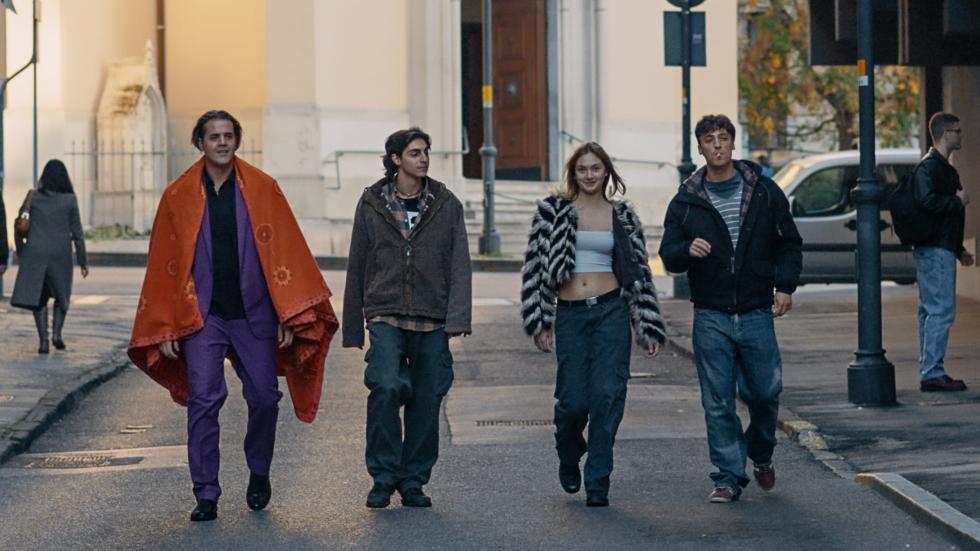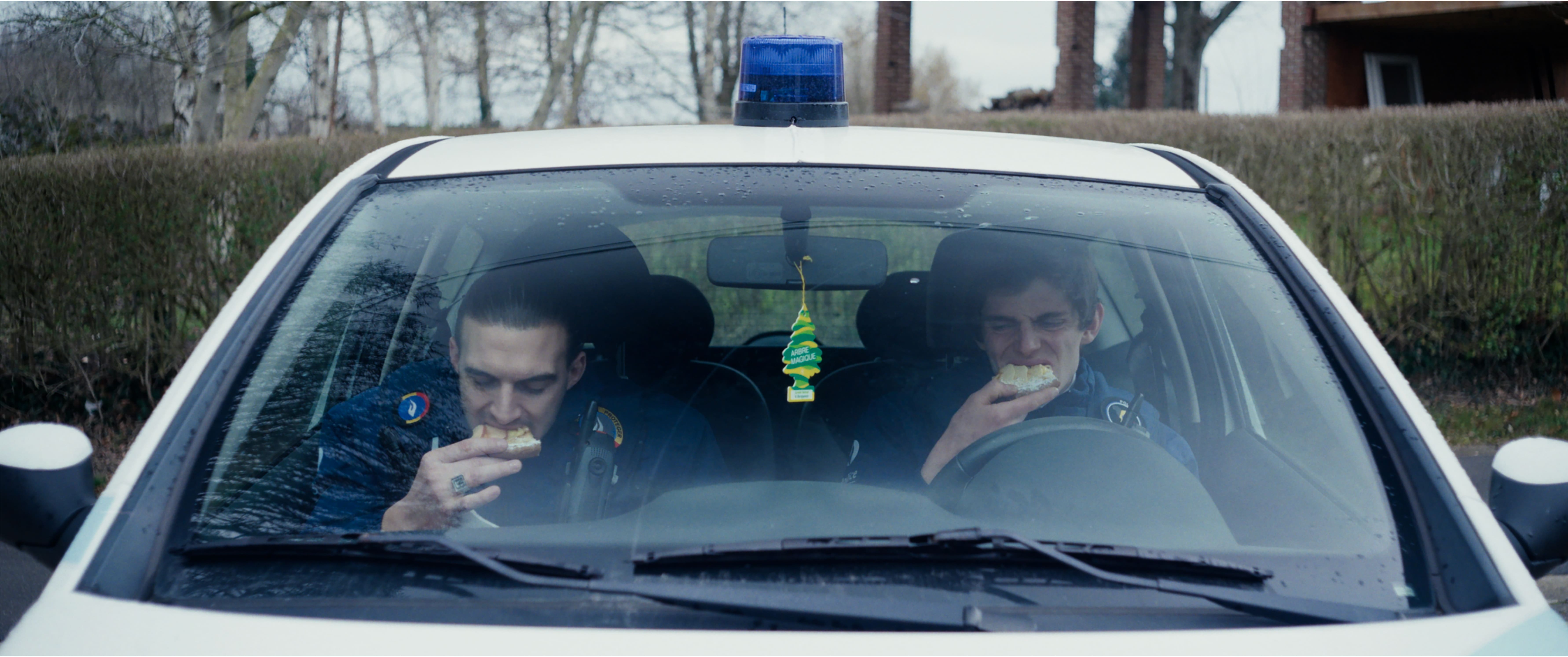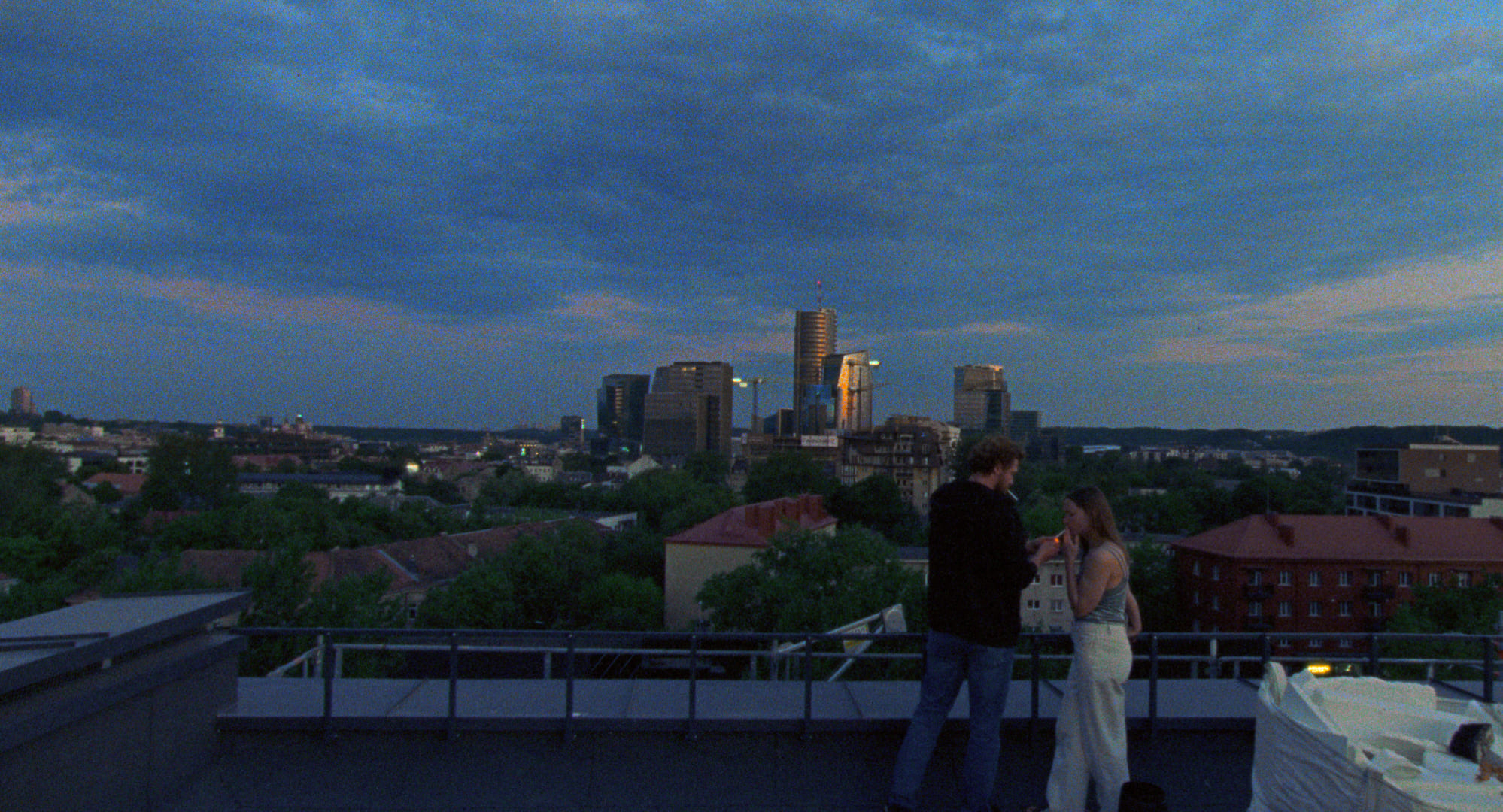
The 22nd edition of the Seville European Film Festival defines itself as a true showcase of emerging talent. Across all its sections, the festival brings together first and second features from filmmakers whose works spearhead a European cinema determined to break or expand its own codes with daring and stimulating proposals.
In the Official Section, the festival will present 'We Believe You', written and directed by Charlotte Devillers and Arnaud Dufeys, winner of Best First Feature at the last Berlinale. Shot in a single location and almost in real time, this film with subtle performances portrays a mother’s struggle to protect her children from their father, in a justice system that scrutinizes her above all. Also competing will be 'Un Anno di Scuola', the second feature by Laura Samani, following her acclaimed Small Body (Discovery Prize at the European Film Awards). Inspired by a novel by Giani Stuparich, and written by Elisa Dondi together with Samani, it tells the story of a young Swedish woman who moves to Trieste, Italy, to study in a vocational school for boys only, becoming the center of attention. Co-lead actor Giacomo Covi won Best Actor at Venice.
The Embrujo Section, dedicated to the most audacious, captivating and innovative voices of European cinema, will feature 'Dandelion’s Odyssey', a French-Belgian co-production of animation screened at Annecy and Cannes Critics’ Week, in which four dandelion seeds fight for survival in a post-nuclear wasteland. After several award-winning shorts, Japanese filmmaker Momoko Seto debuts with this imaginative, mesmerizing, dialogue-free film blending digital animation and real photography. Also in Embrujo will be 'Olivia', the enigmatic and Lynchian feature written, directed and edited by young Argentine filmmaker Sofía Petersen. Shot in Tierra del Fuego on 16mm and natural light, and performed mostly by local non-professional actors, it follows a young woman searching for her father, who has vanished in the mountains.

In the Rampa Section, showcasing filmmakers at the beginning of their careers with powerful and singular visions, two genre-bordering titles will stand out. 'God Will Not Help', directed by Croatian filmmaker Hana Jušić, follows a Chilean widow traveling to her late husband’s hometown in Dalmatia, disrupting the life of a closed rural community. Martelli and Veselčić won Best Acting Duo at Locarno for this tense, western-like drama. Meanwhile, 'Vitrival', directed by Noëlle Bastin and Baptiste Bogaert, observes life in a quiet Belgian town where two young local police officers confront a wave of vandalism and suicides. Nominated for the Tiger Award in Rotterdam, this naturalistic and poignant comedy dives into rural life with a keen observational lens.
Also in Rampa, several partially autobiographical stories explore the political as personal. 'My Father’s Shadow', directed by Akinola Davies Jr. and co-written with Wale Davies (creators of the Sundance-winning short Lizard), is the first Nigerian feature ever to compete at Cannes. This emotional social thriller follows a father, played by Ṣọpẹ́ Dìrísù ('His House', ¡Gangs of London'...), and his children through a day in turbulent Lagos in 1993. 'Short Summer', by Russian filmmaker Nastia Korkia, revisits childhood memories against the backdrop of the Second Chechen War. Winner of the Lion of the Future for Best Debut in Venice, it is a melancholic, visually striking meditation on childhood, time and loss. The personal also turns political in Imago, by Georgian filmmaker Déni Oumar Pitsaev, winner of the French Touch Jury Prize and the Oeil d’Or at Cannes. Set in the Caucasus valley among Chechen war refugees, this intimate autofiction transcends conventional documentary language with an organic, profoundly moving testimony.

Finally, the Alumbramiento Section, devoted to films outside the mainstream radar, will feature 'Renovation', a romantic comedy by young Lithuanian director Gabrielė Urbonaitė, about a woman torn between her boyfriend and a Ukrainian worker she feels a deeper bond with. Shot in Super 16mm, the film refreshes genre tropes with irony and lightness while addressing the echoes of the war in Ukraine and the traumas of the post-Soviet generation. Also in Alumbramiento, 'Sweetheart' (Gioia mia)', the debut feature by Margherita Spampinato, arrives in Seville after winning two awards in Locarno. The story portrays the bond between a restless boy and a grumpy elderly woman forced to spend the summer together in Sicily, an endearing exploration of intergenerational gaps and the need to truly listen in a society obsessed with speaking faster and louder.
With these additions, the Seville Festival highlights its strong commitment to filmmakers who twist genres and film language with a voice of their own. These are new European voices to be discovered, daring and unorthodox, capable of sparking enthusiasm for cinema with stories and characters that go beyond convention while remaining profoundly humanist mirrors of the continent’s culture and values.






